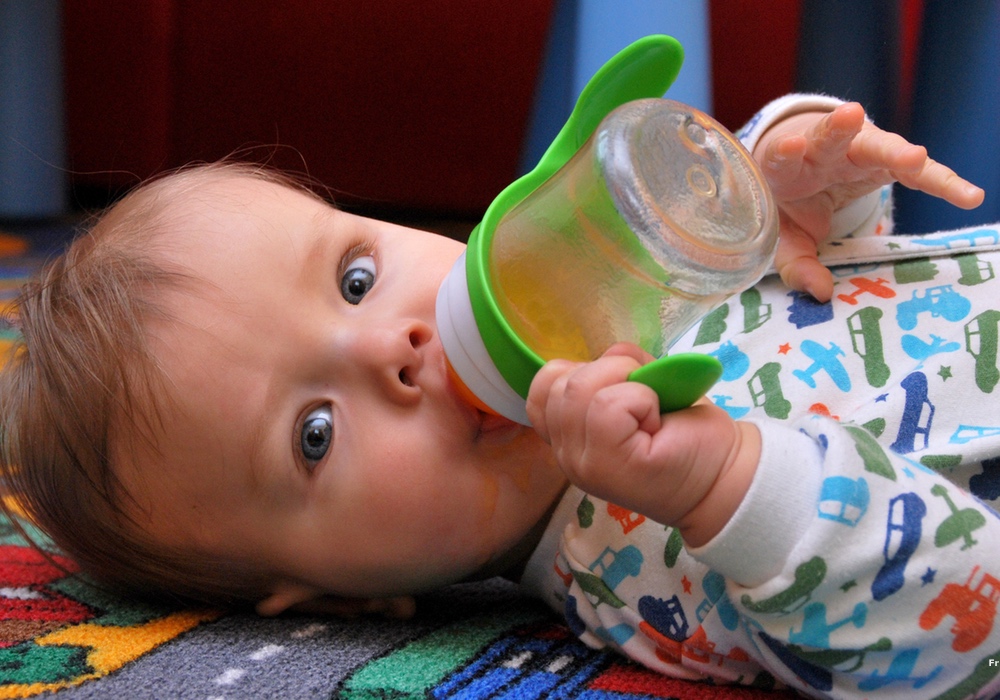It makes sense for parents to think 100 percent fruit juice is a healthy choice for their kids. But just one glass or more of 100 percent fruit juice daily can lead to a small increase in weight, a new study finds. Over time, this adds up and can contribute to unwanted pounds.
The study, by Harvard T.H. Chan School of Public Health researchers, was a meta-analysis which analyzed 42 studies. Seventeen of the studies were in children and 25 were among adults. The benefit of a meta-analysis is that it considers smaller studies, puts all the data together and analyzes them as though it is one large study.
The meta-analysis led the team to conclude that a serving of 100 percent fruit juice should only be an occasional choice. “One fundamental problem with juice is quantity; consuming fruit this way makes it so easy to overdose,” said co-author of the study and leading nutrition researcher, Walter Willett, professor of epidemiology and nutrition at Harvard T. H. Chan School of Public Health and professor of medicine at Harvard Medical School in Boston.A serving of 100 percent fruit juice should only be an occasional choice.
The good news is that there's no reason to consume juice instead of whole fruits or vegetables, unless your child can't tolerate eating regular food. Whole fruits and vegetables not only have fewer calories and less sugar, they offer an added perk: fiber.
Eating a whole apple or orange won't spike blood sugar levels — because fructose, the sugar found naturally in fruits and some vegetables is released slowly into the blood — but drinking fruit juice floods the blood with fructose.
Having lots of sugar in our blood isn't good for our organs. The body tries to get rid of the sugar quickly in order to keep the blood sugar level normal. That's when our liver, which metabolizes sugars, converts a large amount of those calories into a fat that can be stored.
The Harvard study found that when it comes to kids, each additional serving per day of 100% fruit juice was associated with a 0.03 higher body mass index (BMI). That may not seem like much but it adds up when you consider some children drink 24 ounces or more of juice a day.
So, what's the bottom line? “Our findings are in support of public health guidance to limit consumption of 100% fruit juice to prevent overweight and obesity,” the study's authors write. Their findings are also in line with the American Academy of Pediatrics (AAP) guidelines that suggest children younger than six years should consume less than a glass of fruit juice per day. A typical glass is considered 8 ounces.Drinking fruit juice floods the blood with fructose. Whole fruits and vegetables not only have fewer calories and less sugar, they offer an added perk: fiber.
The AAP's guidance for other ages are:
- Children 1 to 3years — limit to 4 ounces daily
- Children 4 to 6 years — limit to 6 ounces daily
- Children 7 to 18 — limit to 8 ounces daily





